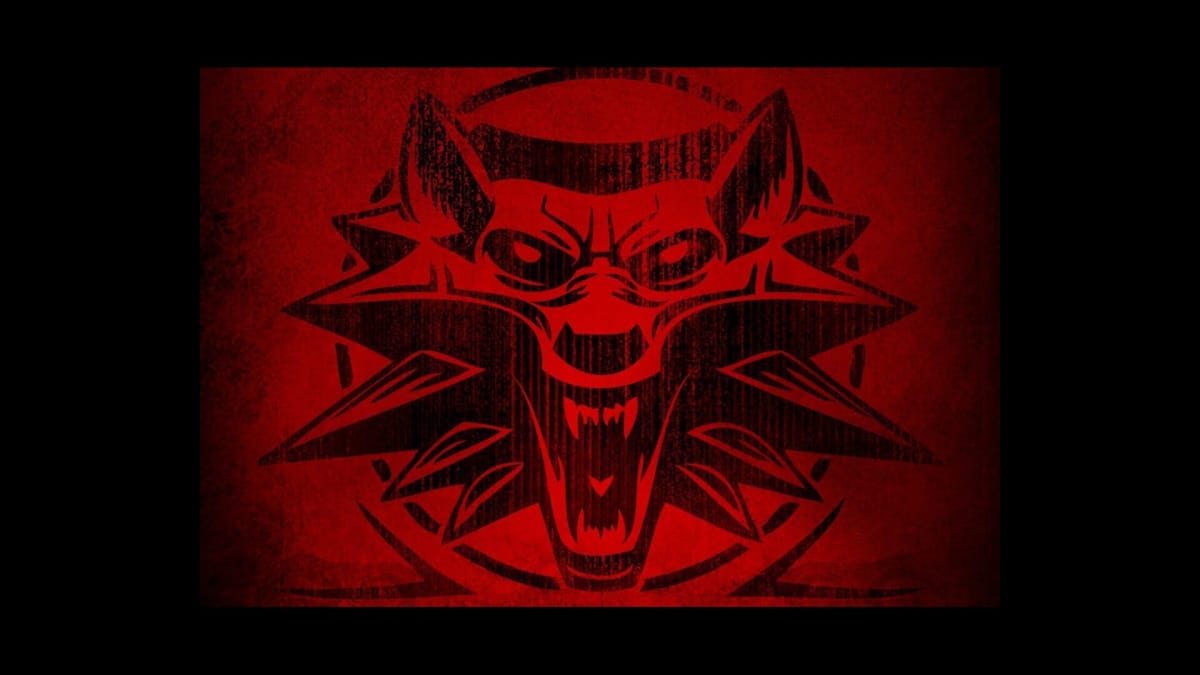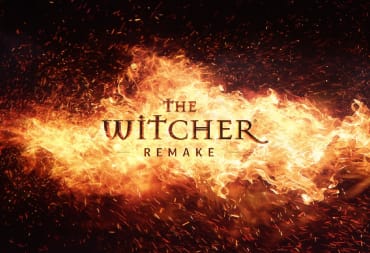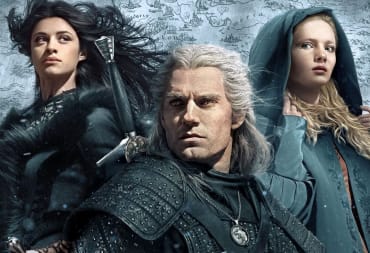The buzz regarding The Witcher 3: Wild Hunt is almost inescapable this year. The seamless blending of story-driven role-playing with an open world experience has been apparently achieved, with perfect scores across the board and heaps of praise from fans around the world. It is actually quite easy to get sucked into the hype for Wild Hunt, almost too easy in fact.
Yet, while the gaming community sucks the proverbial cock of CD Projekt Red as their reward from a night of carnal pleasures, I can’t help but be reminded that this is the first game in the Witcher series that seems to really deserve such praise, and it took CD Projekt Red eight years to get it right.
Yeah, I am going there.
No disrespect to CD Projekt Red of course, they are clearly doing something right when their game sells over 6 million units and only cost $81 million to make. And even though I have not played the Witcher 3 because I am a dirty console peasant who doesn’t want to be disillusioned by a broken mess on my Playstation 4, I can at least respect the game for what it is, a well-made role-playing game. For CD Projekt Red though, it is arguably their first true success story.
Oh sure, The Witcher 2: Assassins of Kings is a very good RPG. In fact, it is above average as an experience, but it suffers from the same proverbial trappings found in other role-playing contemporaries, such as the Dragon Age series and Deus Ex, a sort of mish-mash of good story-telling mired in poor controls and railroaded choices. But even Assassins of Kings is still a shining achievement for CD Projekt Red; it is, after all, the game that put them on the map. Well, that and people being pissed at BioWare lately.
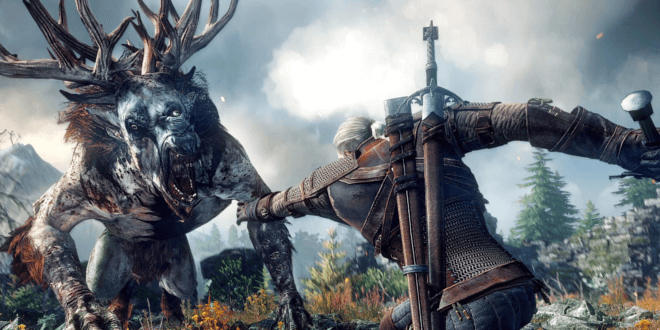
The problem is The Witcher’s origins, the first game in the entire series, is a rather poorly made PC game that is so insufferably mediocre in quality it is almost amazing that CD Projekt Red has been so successful. I guess the Valve model does work: make a ton of money independently by selling nostalgia to PC fanatics and you can pretty much make anything you want on your time. Plus basking in the love and glow of their fanbase helps too, another trait that seems curiously only achievable if you go for a PC and gamer first mentality. Perhaps EA should take note … maybe in a decade they will know what it is like to be in a post-coital embrace with the community.
But I digress, the original Witcher is a mess, plain and simple, but the question now is why? Well, the first game, released in 2007, was a smash hit in Europe for being an 80-hour role-playing game with dark, adult themes. Based upon the polish book series of the same name by author Andrzej Sapkowski, The Witcher follows the adventures of Geralt, a mutated, travelling monster hunter known as a Witcher, who pretty much is tasked to solve every little problem for the medieval facsimile of Poland, all the while humorlessly making fun of typical fantasy tropes and clichés and shagging every woman who shows off their cleavage, which is pretty much every woman in the game, from human mages to dryads to elves.
The premise of the books is actually quite good, with a good blend of dark fantasy, black comedy, and some epicness thrown in. The first Witcher game fails to live up to it, falling back on the very clichés that the series plays with by presenting Geralt as an amnesiac Witcher with a flat personality; a personality justified by his status as a Witcher, mind you.
I can get behind that justification for a bland protagonist, but it takes a whole new and objectively better game to even remotely give him a personality, and what we are left with is a grimdark, cat-eyed Gary-Stu. The story is no more dark and complex than you would expect, and the moral implications, while sometimes quite gray and a true saving grace for the game because they are actually timed-based decisions and have repercussions, are riddled with the type of writing and acting you expect from a juvenile perspective. It is dark and dreary because the grittiness of the world is already skewed to be a step above a black hole, where sex and racism eliminate any nuance from some decisions. In fact, the game feels like a real take on how shitty life can be, but not a fun experience to have in a game where you play a medieval superhero. Compared to Assassins of Kings, the first Witcher game is simply poorly written and realized world that seems emo for emo's sake; it is an ugly world- both in terms of how ridiculously jarring it is when it plays with morality, as well as how it looks.
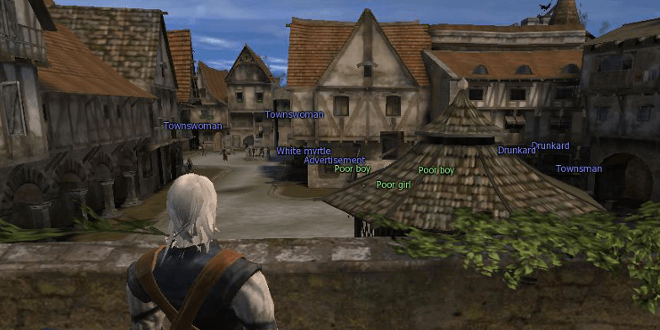
See, the first Witcher game was actually based on a heavily modified version of the Aurora engine, a proprietary used by BioWare to create the Neverwinter Nights series. It was a major engine change from the typical isometric-style of sprites and was cutting edge tech for a role-playing game. In 2002.
CD Projekt Red transformed it into a grid-free, totally rendered world to live in, but the muddy presentation looks like a leper with makeup, trying to hide the blemishes with high texture counts. The problem is the age of the visuals itself; when The Witcher, a game released as a PC exclusive back in 2007, looks like a love letter to early 2000s PC gaming, you are not winning any beauty contests on principle. The game has also aged very poorly since its release, which is a fate that will befall many 3D titles as we inch closer and closer out of the uncanny valley of graphical fidelity.
That alone is not a major problem, although it certainly doesn’t help things. The real hairline fracture with the original Witcher is how annoyingly frustrating it becomes to play. Combat is a very simple affair of click and pray, as Geralt holds his swords out in front of him, flailing about like a child on a sugar rush as you point and click your way to victory. Combat is fairly unintuitive and closer to Morrowind levels of boring in swinging and hoping you hit the guy two inches from your face. To try and spice things up, you have the choice of three combat styles to fight off different enemies, but the problem is combat always reverts back to a click—at least Morrowind based what type of attacks you used on how you move your mouse; it sucked and really did little to help how anemic it was, but it was at least better variety than a short chinese menu of stances you can pick from.
Theoretically, you can chain together moves with your two swords and make the combat feel "tactical," but it really is based on precise timing at best, the red-headed stepchild of quick time events. For some it may be a fun exercise, but tons of games now do this much more smoothly; the Arkham games or Assassins Creed, for example, are able to make combat feel like a martial arts exhibition with such combo systems. The Witcher looks like a jaggedly-rendered mess of the same moves and animations, stitched together by random happenstance instead of a deadly ballet of swords and blood like I believed it was intended to be and certainly doesn't earn that "tactical" adverb outside of being limited use based on your talents. At best it's a bullshit marketing ploy that tries to make you feel smart for conserving combo chains, but in the end you realize that mashing buttons with your hands or fist or against a wall get you the same results regardless of what you do.
It also doesn’t help that most of your utility powers are kind of useless. Alchemical formulas for example rarely come into play outside of health potions and maybe night-vision, and since they are toxic anyway it becomes a use at your own risk mechanic that is negated of any urgency since you detox by sleeping and meditating anyway. Oils for your sword give minor buffs that tend to be meaningless in the grand scheme of things, and investing in bombs makes shit go boom, but removes investment from shit that matters, if you actually know what matters to begin with.
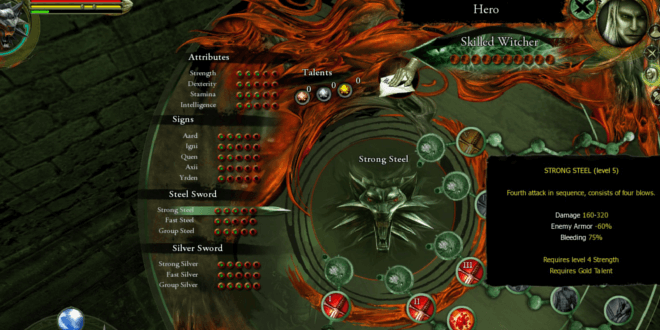
The Witcher suffers the same problem suffered from a lot of Japanese role-playing games and that is aggressively-large talent trees that require Microsoft excel to track. Since your talent points can go into your four major attributes, five different sign schools (magical abilities), or even your combat stances for you two swords (one for humans, one for monsters), it is quite daunting for the unprepared to truly maximize not only their experience output, but their builds overall. The game becomes a bit uncompromising halfway through if you are not prepared, to the point where certain talents become almost objectively better than others, particularly talents found in the strength and dexterity attribute tree in my own experience. And don't get me started with the Quen school of magical bullshit—you become so god-like by investing in Quen that not even Kratos can kill you with his daisy chains of murder.
Although there is apparently a full work around to avoid a second job here, since maximizing your experience point gain will lead Geralt to effectively have 216 out of the 246 possible talent ranks anyway. So savvy players who know every trick to getting talent points can pretty much ignore the challenges of the game and become a god on earth the cheap and easy way, which is actually a serious design flaw, and one that is arguably expected because the game will beat the shit out of you if you don’t do this as the difficulty ramps up.
It leaves little to role-playing as well, even though several talents are directly tied to probable role-playing moments in-game. A brawling talent, for example, is incredibly useful with a singular quest that involves fisticuffs as your only method of attacking but is rendered useless afterwards since your swords kill things faster, even when greased up with oil and and sticking it up the enemy's ass for good measure. There is just so much variety put in for variety's sake, like a prop comic desperately seeking attention by showing you how many uses his custom-made boat dildo actually has.
In fact, this level of daunting skill progression makes The Witcher akin to the Monster Hunter series of video games, playing a professional tracker and killer of giant behemoths while you prepare to go out into the field and deal with a menagerie of beasts to achieve your current objective ... you know what I take that back, The Witcher is not like Monster Hunter, it is Monster Hunter. It's the very same progression and level of complete boredom, where almost everything you do is busywork and expected of you, I guess to maybe showcase immersion, or a lack of development time. The original Witcher game makes this a chore, and while they recreate such moments in Wild Hunt, at least it seems fun in a fake “CSI” kind of way of finding predetermined beasts from obvious blood trails and trampled branches. The original Witcher makes your job a poorly paced exercise in monotonous grinding, in-between a few standout quests and moments you can flirt with anything with tits splashed in for good measure.
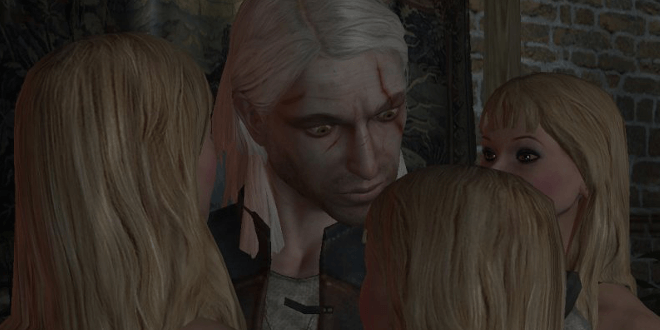
It really comes out of left field, especially if you are the adventurous sort who might go back and play The Witcher for the first time after being enthralled by the massive erection that is Wild Hunt. Those looking to sedate their lust for The Witcher will surely be disappointed by what they get, a deeply flawed game that provides a template for several ideas that are carried over in the future. It's like a child's first book report, you got the basic pattern down but it's simply shit from all directions, and only a ton of experience will make it better in the future. Well, thankfully CD Projekt Red made a lot of money by selling copies of better RPGs, as the writing gets tighter and more adult in Assassins of Kings (although arguably not by much) and the mechanics become smoother and actually fun by the time Wild Hunt is released, at least from the impressions of those who have played it.
I have been pretty harsh on The Witcher, but it frankly deserves it; after all no game company is free of reproof for a shoddy job. Not to mention the fact that this game has served as a major deterrent to playing future games from the series. I was so turned off by Geralt and his fabricated angst wrapped in a shell of mediocrity I find my enthusiasm for the series to be soured from that experience. For me, The Witcher is pretty much a game series I care little for, and a lot of the stuff that does work, the story moments that allow for a sense of actual achievement, fall flat in the grand scheme of the entire package.
Perhaps it is the world around them that causes it to ring hollow; there are so few good things that happen in not-Poland I wonder why Geralt even gives a fuck about helping people and just straight up ignores anyone with a quest. I guess money talks but even then that can only go so far; so the tired old tropes of being roped into impossible situations that endanger Geralt and his well-being seem to be the only reason he gives a shit. The problem also stems from how unlikable Geralt really is in the first Witcher game, and has made me jaded to any semblance of character growth seen in Assassins of Kings and would likely leave me cold in Wild Hunt.
I highly doubt I will ever play Assassins of Kings ever again, unless I’m paid for it of course because I am a craven mercenary like that. I also have Wild Hunt so low on my priority list, Cyberpunk 2077 will have its release date announced two years from now by the time I crack into it. As for the original Witcher, it is an exercise of mediocrity as a game, a disappointing title from a studio clearly finding its footing, and is not worth your time of day, if you ask me.
I hope you enjoyed this look at why The Witcher is so overrated. If you have any questions or comments, please leave them below.
Have a tip, or want to point out something we missed? Leave a Comment or e-mail us at tips@techraptor.net
